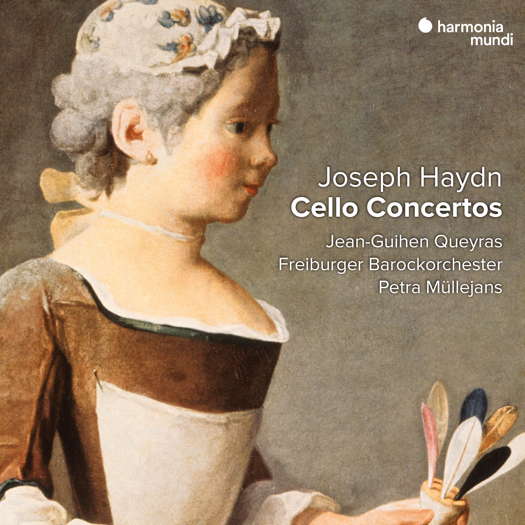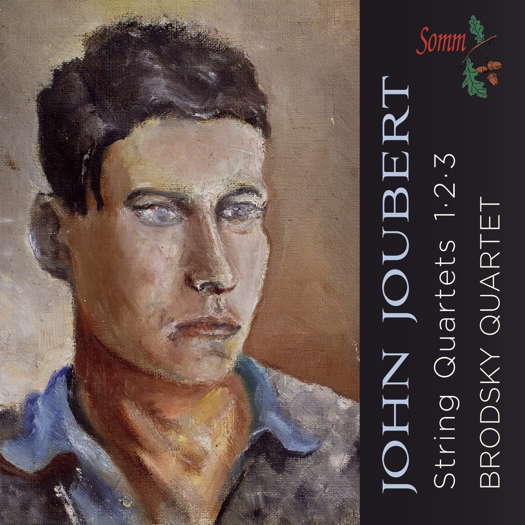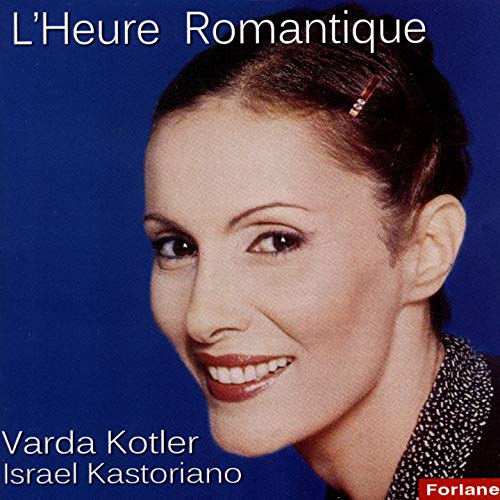 DISCUSSION: What is a work? John Dante Prevedini leads a discussion about The performing artist as co-creator, including contributions from Halida Dinova, Yekaterina Lebedeva, Béla Hartmann, David Arditti and Stephen Francis Vasta.
DISCUSSION: What is a work? John Dante Prevedini leads a discussion about The performing artist as co-creator, including contributions from Halida Dinova, Yekaterina Lebedeva, Béla Hartmann, David Arditti and Stephen Francis Vasta.

Hugely Attractive Music
GERALD FENECH listens to a reissue of cello concertos by Haydn and Monn
'... simple but masterfully crafted, spouting melody at every turn.'
The Baroque era produced a sizeable number of cello concertos by several composers, but only Franz Joseph Haydn's two have remained truly popular even to this day. The Cello Concerto No 1 in C Hob VII b/1 was composed around 1761-65 for longtime friend Joseph Weigl, then the principal cellist in the Esterhazy Orchestra. Although the full work was discovered in 1961, Haydn (1732-1809) had written the beginning of the principal theme of the first movement in his draft catalogue of 1765.
Listen — Haydn: Moderato (Cello Concerto No 1 in C)
(HMM 931816 track 1, 0:00-0:58) ℗ 2004 harmonia mundi musique sas :
This early work shows Haydn as a master of instrumental writing, and the solo cello part is thoroughly idiomatic. The concerto reflects the 'ritornello' form of the baroque concerto as well as the emerging structure of the sonata-allegro form. All three movements of this work are written in sonata form, and the piece is more related to Haydn's third Violin Concerto in A, such as the first movement's etched rhythms and flowing second theme, a peaceful Adagio and a brisk Allegro molto.
The second concerto in D, Hob VII b/2 was for many years thought to have been composed in 1783 for Antonin Kraft, a cellist in the Esterhazy Orchestra. New research published by Thomas Tolley in 2019 and building on discoveries of Simon McVeigh shows it was neither written for nor premiered by Kraft; however original advertisements in the London press announced that a new concerto by Haydn had its first performance on 24 March 1784 at Hanover Square. The cellist was James Cervetto, the principal cellist of the Italian Opera in London and one of England's leading cellists.
Listen — Haydn: Adagio (Cello Concerto No 2 in D)
(HMM 931816 track 5, 0:00-0:56) ℗ 2004 harmonia mundi musique sas :
For a time the piece's authenticity was doubted, but in 1951 Haydn's autograph score was discovered and experts now believe that this work is indeed Haydn's. The concerto is structured in the usual three movements - an Allegro moderato that is leisurely and soothing, an exquisite Adagio and a short and cheerful Rondo that leaves you wanting more.
Georg Matthias Monn (1717-1750) was an Austrian composer, organist and music teacher whose works were fashioned in the transition from the Baroque to Classical period in music. He was responsible for the successful introduction of the secondary theme in a symphony, thus paving the way for the great symphonic works of Haydn, Mozart, Beethoven and Schubert some fifty years later. Still much less is known about Monn's life than about his musical ideas. Only his appointments as an organist are known.
There is a strong suspicion that some of his works could have been written by his younger brother Johann Christoph, the reason for this being that most of Georg's compositions survive in copies from the 1780s. But we shall leave this mix-up for the researchers and historians to solve. Georg Matthias Monn died of tuberculosis in 1750 aged only thirty-three, leaving behind a substantial number of works, among which one finds this delightful harpsichord concerto.
Listen — Georg Matthias Monn: Allegro (Cello Concerto in G minor)
(HMM 931816 track 7, 1:02-2:01) ℗ 2004 harmonia mundi musique sas :
Harpsichord concerto? Yes, initially this concerto was for the harpsichord, but thanks to Arnold Schoenberg's brilliant arrangement for the cello, this piece is now being regarded as a concerto for both harpsichord and cello. Indeed, in Schoenberg's hands, Monn's refined instrumentation comes more to the fore.
Listen — Georg Matthias Monn: Allegro non tanto (Cello Concerto in G minor)
(HMM 931816 track 9, 3:44-4:39) ℗ 2004 harmonia mundi musique sas :
Initially released in 2004, this reissue will give great pleasure to those who missed it first time round. Hugely attractive music, simple but masterfully crafted, spouting melody at every turn. Acceptable sound and artistic presentation complete this veritable feast of virtuosic splendour that arrests the ear from start to finish.
Copyright © 12 July 2023
Gerald Fenech,
Gzira, Malta





